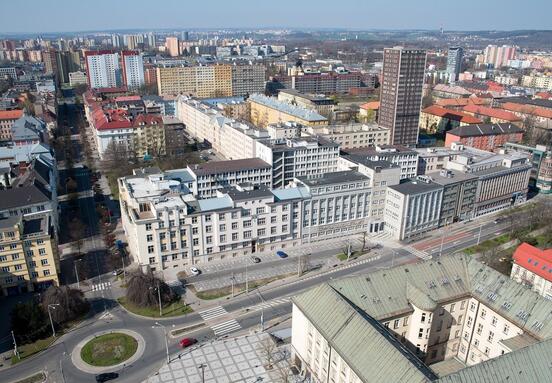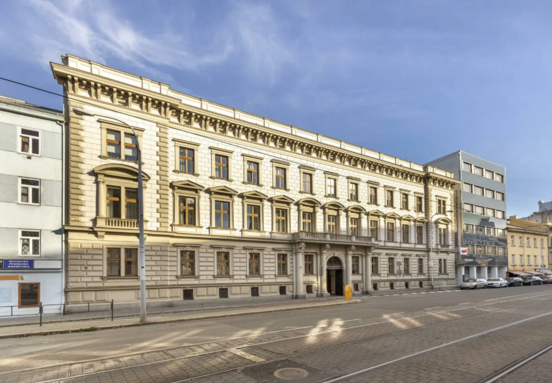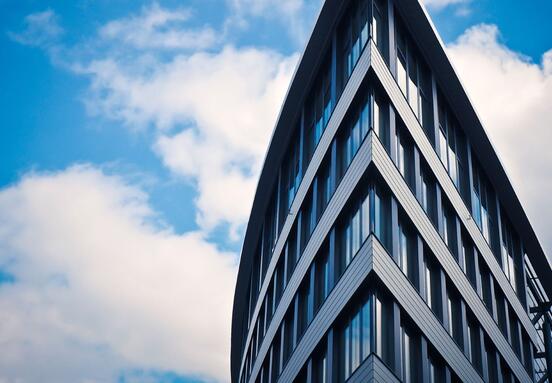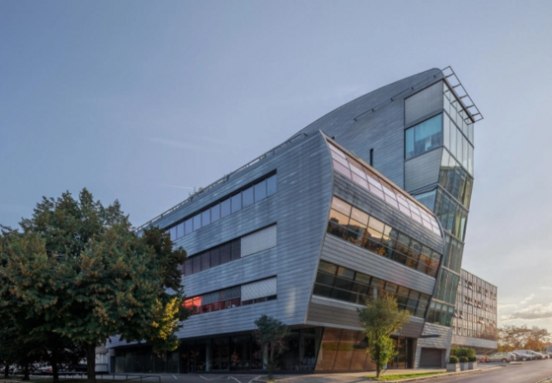"The perception of ESG has changed significantly in recent years. Although the need for sustainability and the principles of responsible business have been known for decades, it is only recently with legislative requirements and pressure from the financial market that this agenda has reached the table of business leaders. Previously, it was addressed at lower levels using various charity projects or CSR activities. Only recently have companies been forced to make ESG one of the key topics that affects the essence of their business and further direction," says Jiří Stránský, head of the sustainability department at CBRE.
You know right? Last year, the European Union agreed on the final version of the CSRD directive, which sets new rules for companies to publish information about their sustainability. Among other things, it concerns data on the amount of greenhouse gas emissions, dependence on fossil fuels or the use of renewable resources. A fundamental innovation is the introduction of uniform standards for how to report data, and the further expansion of the number of companies to which the requirements apply. Currently, data is published by around 50 Czech companies, mainly financial market participants, such as investment companies, investment fund managers, insurance companies and banks. However, with the entry into force of the new directive, it will be up to 1,500 domestic and 50,000 European companies. Specifically, all companies meeting at least two of the three criteria: the company has more than 250 employees, the company's turnover is more than 40 million euros per year, or the company's assets exceed the value of 20 million euros. The obligation will also apply to all companies that are listed on the stock exchange, including small and medium-sized companies. The effective dates of the new directive are staggered in time according to precisely given criteria, however, the first companies will start following it as early as 2024.
ESG-related topics will gain fundamental importance in 2022
On average, almost 70% of all companies participating in the survey confirmed a greater focus on ESG strategies during the last year. The main reason was the rise in energy prices, but also increasing requirements from the states. The strongest pressure in this direction has been exerted on investment companies operating in the EU, where regulations related to sustainability are progressing very quickly. However, the motives for the increasingly important promotion of ESG principles do not come only from the outside. Corporate culture and ethical values continue to be the driving force, as confirmed by 63% of companies.
The results of the survey also show that last year most companies sought to reduce greenhouse gas emissions (67%), improve the health and well-being of employees (58%) and reduce resource consumption, thus reducing waste (55%). Declining greenhouse gas emissions led the notional ranking of priorities that companies focused on. A total of sixty-five percent of respondents last year worked towards a commitment to achieve carbon neutrality. Commercial real estate tenants plan to reach this goal faster than investors, helped by the fact that lease lengths are generally shorter than the average investor holding period. By 2023, 53% of tenants and a third of investors want to be carbon neutral. They direct their further efforts mainly towards the years 2040 and 2050.
"The survey results give us a good picture of the mood and declared intentions among property investors and tenants. At the same time, they confirm that the survey took place worldwide. For local investors in the Czech Republic, who are often just starting to address the ESG agenda, it can be a good impetus for their further direction," says Jiří Stránský.
Sustainability was included among the main criteria influencing the choice of real estate and the price
CBRE's survey further revealed what factors from the point of view of sustainability and at the same time to what extent they have the ability to influence the strategic decisions of companies, i.e. the decision to purchase real estate or conclude a lease agreement. Altogether, 84% of all respondents said that they consider energy-saving solutions for the building. Almost half would require either a discount or would reject the lease altogether if there were no cost-saving solutions in the building. 79% of respondents attach importance to the fact that the property can prove itself with an internationally recognized sustainability certificate such as BREEAM or LEED. For 77% of companies, whether the building uses renewable energy sources plays a role, and for 76% smart technology. The first five are rounded out by 75% of the real estate's high resistance to climate change and its effects, i.e. for example against floods or earthquakes.
The results also show that less than 60% of those interviewed would be willing to pay a higher price for renting or purchasing a property if it had a generator for the production of electricity from renewable sources or used smart technologies that reduce operating costs and at the same time save the environment. 45% of respondents would also pay extra for a building with environmental certification. It still remains a proven and comprehensible guide for market orientation. In the US, average rents in LEED-certified buildings are 3.7% higher than those in non-certified buildings. In Europe, the difference is even greater. A recent CBRE study analyzing a sample of 44,500 leases in 18 European countries found that the average rent in sustainable buildings is 5.5% higher than in non-certified buildings. Jiří Stránský explains: "As sustainability and environmental protection become part of the corporate culture and DNA of many companies, the interest in certified buildings is also growing. Both potential investors and tenants are willing to pay a higher price, which is partially compensated by lower operating costs and better user comfort."
There has been an increased emphasis on psychosocial factors affecting the well-being of tenants and employees
Location and price continue to be the decisive criteria for choosing commercial real estate, but the CBRE survey showed that the so-called soft factors also have an ever-increasing influence. For 82% of respondents, it is important to connect the property to public transport, 67% take into account various solutions that improve the physical and mental health of people working in the building, 66% prefer properties that are easily accessible on foot or by bike, and for 63% it is essential whether the object has WELL certification, which is an internationally recognized certificate confirming the quality of the indoor environment. Almost half of the respondents are willing to pay a premium price for solutions that support the physical and mental health of their users, such as smart lighting that positively affects the circadian rhythm or monitoring carbon emissions.








